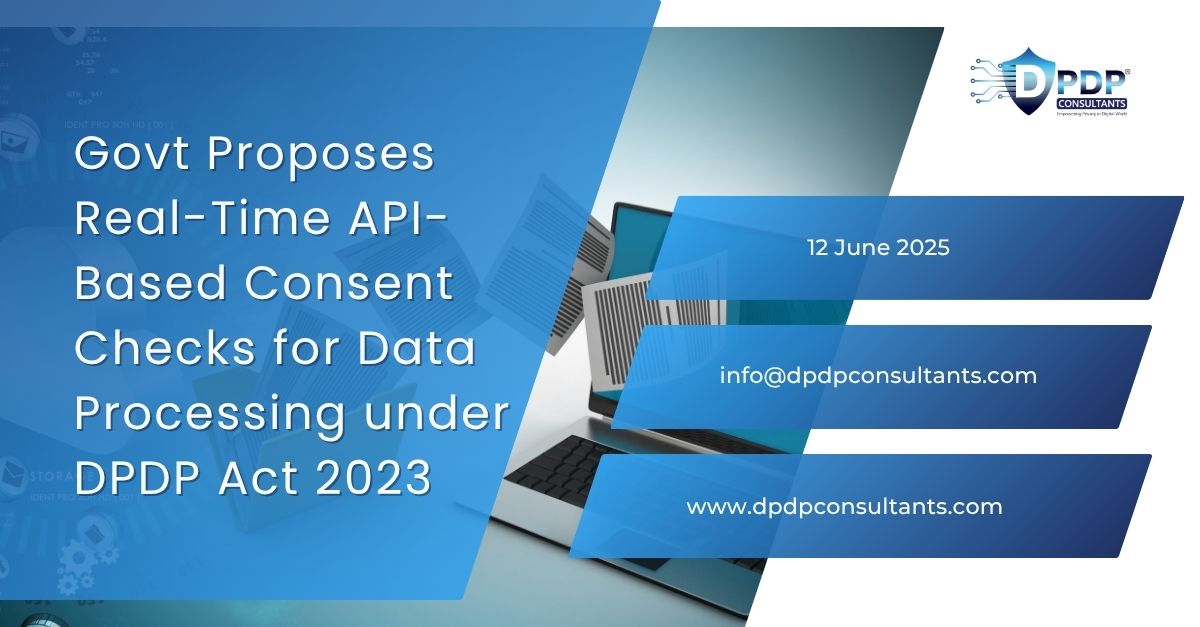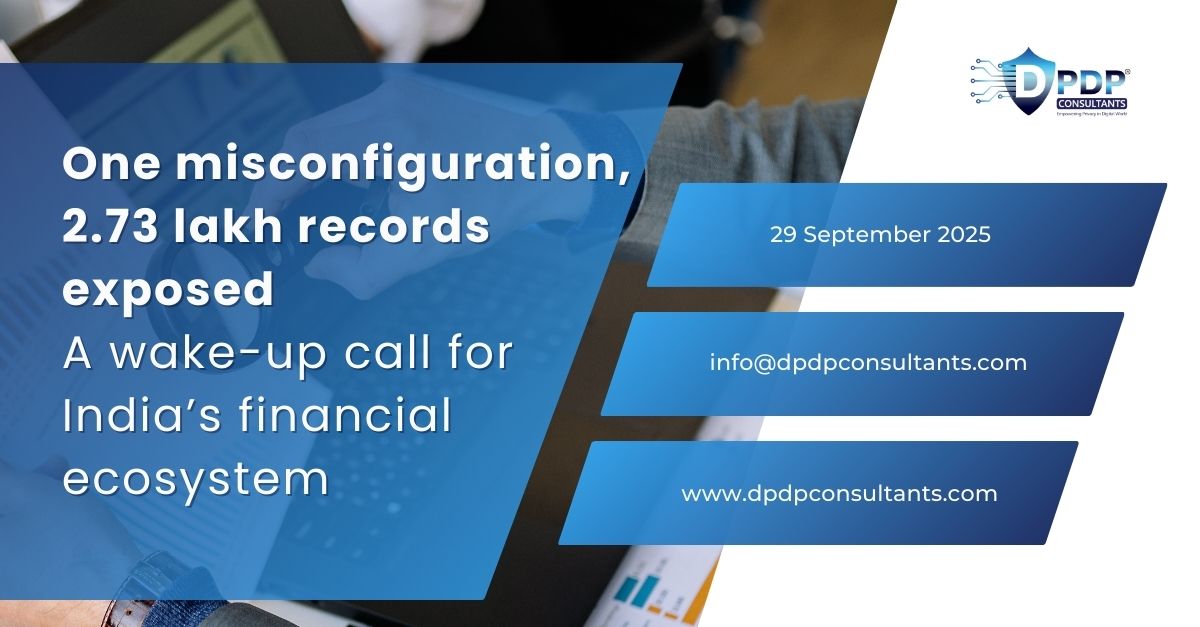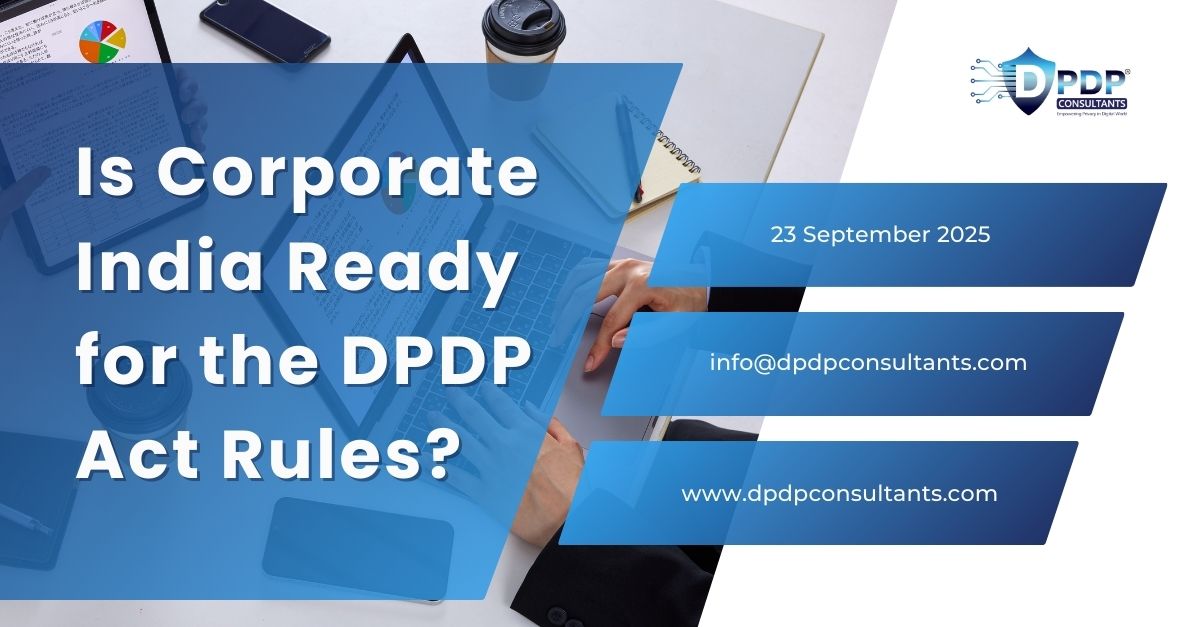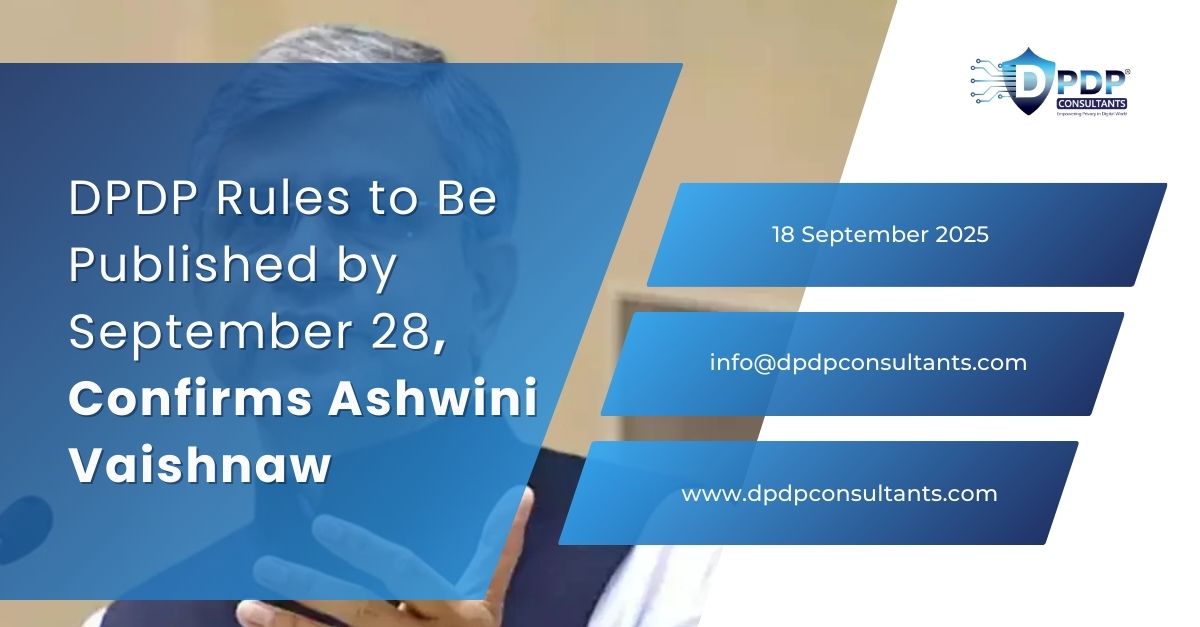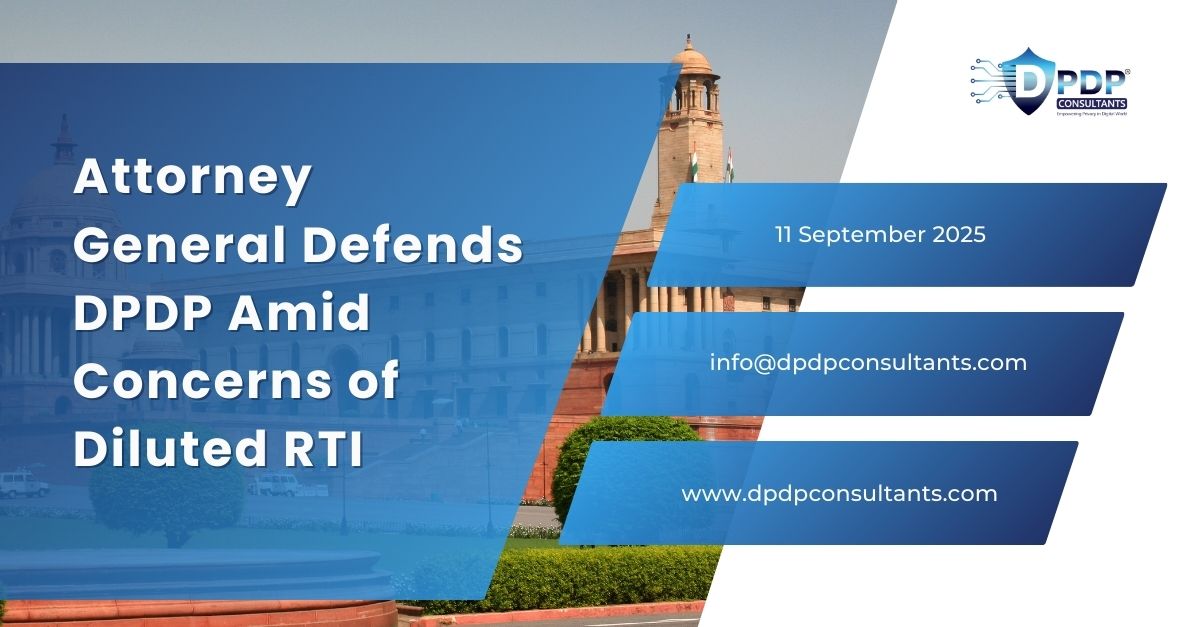The Ministry of Electronics and Information Technology
(MeitY) has released a comprehensive Business Requirements Document outlining
the design and implementation of a real-time Consent Management System (CMS)
under the Digital Personal Data Protection (DPDP) Act, 2023. This
forward-looking proposal mandates that organizations must verify the validity
of user consent through live API-based checks before processing any personal
data. The initiative represents a fundamental shift in India’s data privacy
enforcement strategy—from static, one-time opt-ins to dynamic, purpose-specific
validations.
Under the proposed framework, each data processing activity
must have its own separate consent, eliminating the long-standing practices of
bundled, blanket, or implied consent. Data fiduciaries will be obligated to
ensure that consent is not only voluntarily given, but is also fully informed,
specific to a purpose, and based on a clear affirmative action by the user.
This move is expected to drastically improve transparency in data handling and
restore control to the individual—referred to as the Data Principal under the
DPDP Act.
A core component of the CMS is the creation of an immutable,
real-time audit trail. Every consent action—whether granted, withdrawn,
updated, or expired—must be logged and timestamped in a non-editable format.
This ensures regulatory traceability and empowers both users and authorities to
monitor how data consent is granted and used. Such audit logs are not merely
records but critical compliance artifacts that must be maintained in accordance
with the DPDP Act’s accountability principles.
To facilitate user empowerment, the CMS will include a dedicated
dashboard interface, through which individuals can seamlessly view all active
consents, revoke them at will, update preferences, and exercise their statutory
rights—such as data correction, deletion, and access requests. The dashboard
will also serve as a gateway for grievance redressal, reducing user friction
and enhancing trust in digital ecosystems.
Moreover, the CMS architecture emphasizes interoperability,
multilingual accessibility, and real-time operability. It is designed to
function across diverse platforms and service providers, ensuring that Data
Principals receive a consistent and transparent experience regardless of the
application or service they use. The inclusion of accessibility and language
support is also aligned with India's inclusive digital growth vision under the
Digital India initiative.
Crucially, this framework calls for the separation of roles: consent
managers must operate independently from data fiduciaries and will be
restricted from accessing personal data beyond what is required for consent
facilitation. This design prevents conflicts of interest and builds a neutral
trust infrastructure for users to interact with.
In addition, industry stakeholders—including major tech
companies, financial institutions, and civil society organizations—have been
invited to submit feedback on the proposed framework. Public consultations are
helping shape detailed operational guidelines, especially around child data
protection, cross-border data flows, and breach reporting.
If implemented as described, this real-time consent model
will bring Indian data privacy enforcement closer to international benchmarks
such as the EU’s General Data Protection Regulation (GDPR), while addressing
India-specific challenges. The introduction of dynamic consent, granular
control, and API-based automation signals a new era of proactive, transparent,
and user-centric data governance in the country.
For organizations, this shift will necessitate a complete
overhaul of existing consent mechanisms, IT infrastructure integration for
API-based consent validation, and a culture of continuous compliance. Companies
that adapt early will not only ensure compliance but also gain user trust in an
increasingly privacy-aware digital economy.

